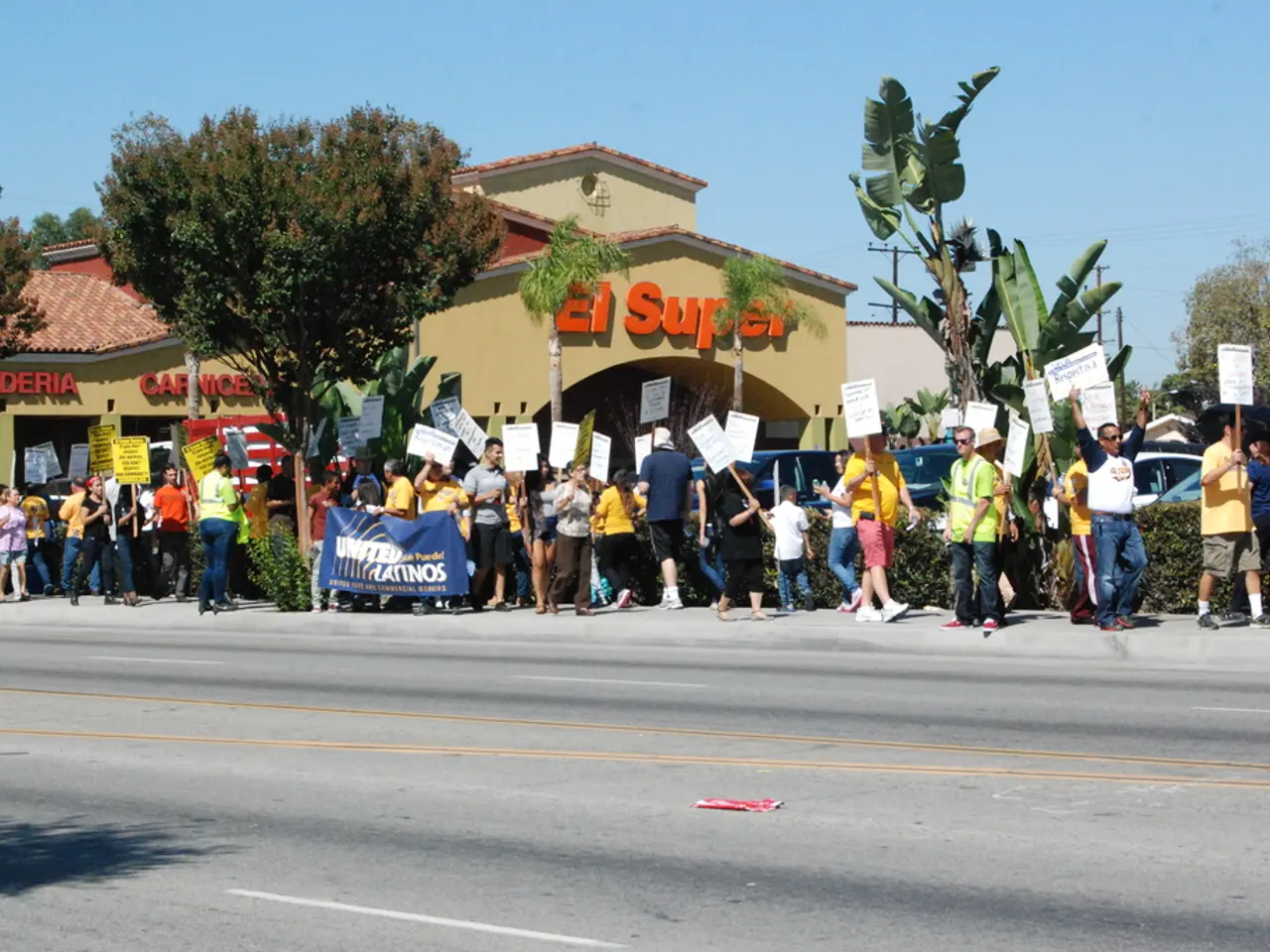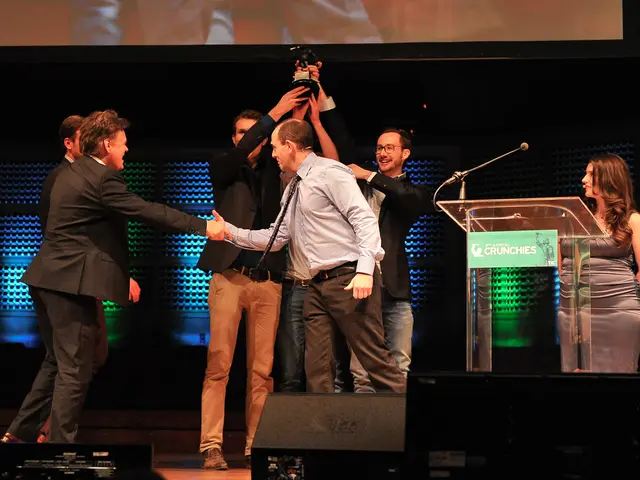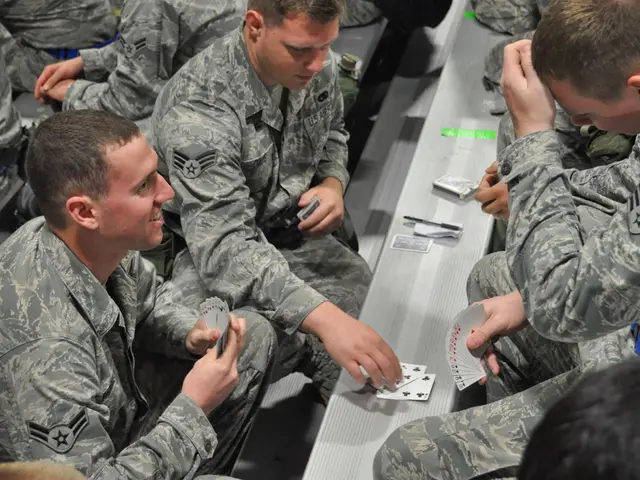The Core Ethos of Lottery Entities: Commitment to Social Well-being and Local Influence
In a transformative shift, lottery organizations across various states are moving away from a profit-focused approach and towards a mission of community welfare. This shared vision forges bonds between individuals, creating an ethos centered around support and development.
One of the key ways lottery organizations promote community welfare is by generating revenue that funds a wide range of public programs and charitable causes. For instance, the Minnesota Lottery has contributed over $4 billion since 1990 to programs benefiting education, public safety, health and human services, environmental preservation, and natural resource protection. This includes more than $1.7 billion towards environmental conservation and $2.3 billion to state public programs.
Moreover, lotteries allocate funds towards preventing and treating problem gambling, demonstrating a commitment to responsible gaming and social responsibility. The World Lottery Association requires its members to engage in responsible gaming, aiming to protect consumers and maximize funds available to benefit communities.
At a community level, lottery-funded programs focus on addressing inequalities, supporting disadvantaged groups, and fostering community leadership and strategic impact. The National Lottery Community Fund, for example, has updated its strategy to emphasize reducing poverty, discrimination, and disadvantage by supporting people and communities to influence decisions affecting their lives.
Similarly, lottery grants, such as those in New Zealand, focus on outcomes that improve diversity, equity, inclusion, accessibility, and intergenerational learning, ensuring funds support specific groups with defined social needs.
Lottery organizations are also actively cultivating a culture of giving back among their players. Players are encouraged to engage actively in local initiatives, share winnings with charities, or lend their time and skills to those in need. Many lottery games are designed to direct funds towards educational scholarships and resources that empower young minds. A significant portion of lottery funding goes to local schools for arts education, extracurricular activities, and scholarships for underprivileged students.
Social responsibility has become an integral component of lottery organizations' missions. Lottery funds are being used to breathe new life into classrooms and learning environments, providing students with cutting-edge technology, innovative learning tools, and field trips. The journey of lottery organizations championing social responsibility has the potential to lead to a brighter future for everyone involved.
When players engage with lotteries, they are contributing to a rich tapestry of social vitality. From educational initiatives and public health campaigns to infrastructure improvements, the act of playing the lottery collectively enhances community life, creating ripples of positive change. The dialogue surrounding lottery organizations has evolved significantly, illustrating a transformative mindset where the act of play transcends mere enjoyment and is woven into a larger narrative of social impact.
For more information about the subject, visit the external website 威力彩.
References:
[1] Lottery Funding and Community Welfare: A Comprehensive Overview. (2021). Retrieved from https://www.researchgate.net/publication/348756713_Lottery_Funding_and_Community_Welfare_A_Comprehensive_Overview
[2] Responsible Gaming Practices in Lottery Organizations. (2020). Retrieved from https://www.worldlotteryassociation.org/responsible-gaming
[3] National Lottery Community Fund: Strategic Priorities. (2020). Retrieved from https://www.tnlcommunityfund.org.uk/our-strategy
[4] New Zealand Lotteries Commission: Grants and Funding. (2021). Retrieved from https://www.nzlotteries.co.nz/about-us/grants-and-funding
[5] The Future of Social Responsibility in Lottery Organizations. (2021). Retrieved from https://www.forbes.com/sites/forbesagencycouncil/2021/02/23/the-future-of-social-responsibility-in-lottery-organizations/?sh=66516d1d435d
- In addition to community welfare programs, lottery organizations are extending their mission to include support for industries such as fashion and photography, funding events that showcase local talent and beautifying public spaces.
- The Minnesota Lottery, for example, has sponsored fashion shows and photography exhibitions, promoting local artists and designers, thereby contributing to the culture and aesthetics of the community.
- As gambling trends evolve, lottery organizations are incorporating this into their initiatives, with some exploring the intersection of casino-and-gambling events and charitable causes.
- Responsible gambling education is a crucial part of these events, ensuring that all participants appreciate the importance of gambling within the framework of social responsibility.






